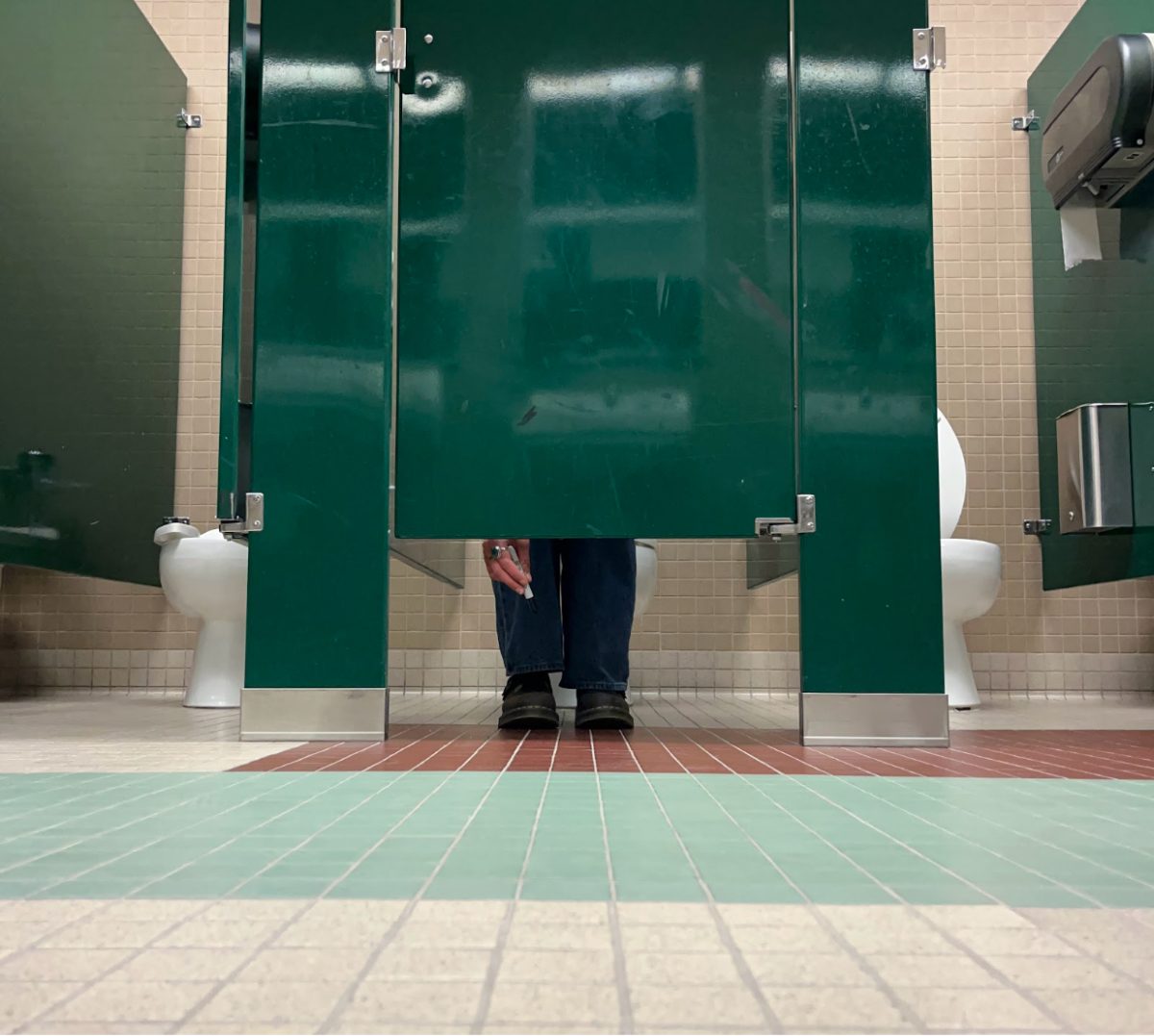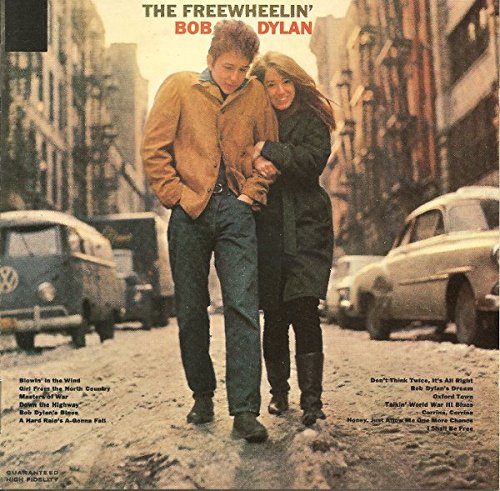Just Give Them Housing
The obvious solution to homelessness nobody is talking about
It’s no secret that homelessness is a growing problem all across the country, but especially in Oregon. It sometimes feels like you can’t turn on the news without reporters lamenting how Portland’s homeless population has exploded in the last couple of years. Everything from welfare to Measure 110 gets blamed for this problem, but what’s rarely discussed is any real solution.
There’s a common sentiment that homelessness is a very hard problem to solve, and while it’s true that lots of complex adjacent issues tie into it, homelessness on its own is actually a pretty easy problem. People are suffering because they don’t have anywhere to live? Just give them housing. Provide homeless people with publicly funded, free, modest housing with no requirements or strings attached. Other measures will have to be taken for things like unemployment, addiction and mental health, but the fundamental problem is that they don’t have housing.
This isn’t just an opinion either, as there’s a huge amount of data in support of this approach. The National Alliance to End Homelessness compiled a massive volume of both domestic and international studies, as well as literature reviews showing that housing first policy effectively ends homelessness and improves the well being of those affected by it. Housing first is the policy term for the “just give them housing” approach. Essentially, a housing first policy approach is to provide permanent housing to people without preconditions or strings attached, unlike homeless shelters, which have lots of rules for inhabitants to navigate and are usually temporary. It should be noted that housing first does not mean housing only, other services usually are needed for those affected by homelessness. Housing first recognizes that people are much more able to improve their lives when they have permanent housing.
No two people experience homelessness the same way. Some may be unemployed, some may have jobs. Some people struggle with addiction and their mental health, some may not. The only unifying thing about every homeless experience is a lack of permanent and reliable shelter, housing first policy solves this problem. Housing first is by no means an easy policy to enact, but it is the most simple and effective solution to homelessness. Unfortunately, while some cities including Bend provide some support to housing first programs, it has not been the primary approach to homelessness anywhere in the state. Although lots of issues tie into homelessness, the root causes is the high cost of housing, in Portland for example, a study from the University of California found that high rent and housing costs were the main driver of homelessness in the city.
Amy Fraley, Bend’s Senior Project Manager for Houselessness Services, spoke to The Pinnacle about this issue. Fraley emphasized that Bend takes a multi-pronged approach to homelessness, and addresses the issue both with city programs directly and partnerships with other organizations.
“There is no single cause of houselessness in our community, so there will not be a single answer. Systemic inequity, lack of medical/mental health support, and deficits in housing production all exacerbated by the pandemic, pushed vulnerable individuals and families into homelessness,” said Fraley.
While homelessness is an issue that lots of other problems tie into, the high cost of housing is ultimately at the center of this issue. Here in Bend, the average rent for a studio apartment is $1,450 per month. For a two bedroom apartment, this cost goes up to nearly $2,000. In Portland, these costs are actually slightly cheaper, and in Eugene, these costs are very similar to Bend. Furthermore, a recent study found that a full time worker who earns the federal minimum wage cannot afford rent on a studio apartment in any county in the entire United States. It’s clear that high housing costs are driving homeless in Oregon and across the country, and this remains true even when other issues are a contributing factor.
In regards to Housing First, “The City of Bend supports the Housing First model as indicated through the operating contracts at the Navigation Center, Franklin and Stepping Stone Shelters. Low barrier and Housing First work in tandem. These shelters represent 178+ beds/units.” Said Fraley. While this is certainly a step in the right direction, it seems unlikely that a robust housing first program can be created simply with small scale partnerships between the city and other organizations. A sustainable approach would require the city, state, or federal government to build this housing directly. Also, 178 beds clearly is not enough to address the issue in its entirety. That said, Bend’s houselessness services are making steps in the right direction with the limited resources they have, and the City of Bend cannot be expected to solve this problem on its own.
Bend’s approach to homelessness is not based entirely on housing first. “The City contracts with multiple operators…In past years, the City has supported…The LOFT, Veterans Village, Bethlehem Inn, Dawns House, COVO, etc.” Said Fraley. In total, as of February of this year, Bend will have a total of 422 beds available to its unhoused residents. It’s no doubt good to have beds available, but if homeless people aren’t using them, that won’t do anything to solve the problem. Unfortunately, many of these beds have conditions attached that make them inaccessible to a lot of homeless people.
“Many beds in the Bend area are high barrier shelters. For instance, to participate in a Safe Parking Program, you may need a camper or RV. It may be a veteran-specific program or require ongoing drug testing as a condition of placement. There could be a no pet policy,” said Fraley. This can be contrasted with a low barrier shelter, “A low-barrier model establishes best practices to minimize barriers and increase access to individuals and families experiencing homelessness. With a focus on harm reduction, low-barrier shelters encourage individuals to seek resources by eliminating obstacles, including identification requirements and background checks, pet restrictions, and sobriety mandates.”
Shelters, especially high barrier ones, are a problematic so-called solution to this problem. There’s not enough empty beds in shelters to house everyone that needs it, and shelters are by design temporary housing, and therefore not a permanent solution for anybody. For an example of how these high barrier shelters treat residents, look at Bethlehem Inn. Residents are not allowed inside the shelters during the daytime without permission, they will be kicked out of the shelter for violating an “action plan” imposed on them by the shelter if a resident stays longer than 7 days, residents are completely prohibited from trading or borrowing anything with other residents, and are flatly prohibited from using any kind of drugs or alcohol, even outside of the shelter, and must submit to random breathalyzers and urine tests.
This is just the tip of the iceberg, the rules that residents are asked to abide by are controlling and dehumanizing. These are truly pathetic terms to impose on residents who have been priced out by the housing market and are offered nothing in terms of long term solutions. If someone is struggling with addiction and living on the streets, it is unreasonable to expect them to get off of drugs while dealing with the daily struggles of being without adequate shelter. Because of this, a sobriety mandate in shelters only succeeds in turning away people who need these services.
The callousness in our political discourse surrounding homelessness is genuinely sickening. The entirety of the problem is often blamed on drug addiction, which is a disease. In spite of this, people still think it’s reasonable to deprive the homeless of shelter should they use drugs, or in other words, display the primary symptom of the disease that is being blamed for their affliction. Attitudes around this problem seem to always brand homelessness as a personal failure even when the data points to housing costs as the main cause. Politicians moralize the personal choices of the homeless but don’t condemn the system that makes them homeless. Whether you’re talking about a liberal politician or your Republican uncle, there’s only one relevant question when it comes to addressing homelessness; do you actually want to solve the problem? If the answer is yes, then the solution is simple: just give them housing.

When Jay isn’t writing for the Pinnacle, you might find him working at Market of Choice, hanging out with his friends, or just chilling and watching YouTube. This will be his second year writing for...




































